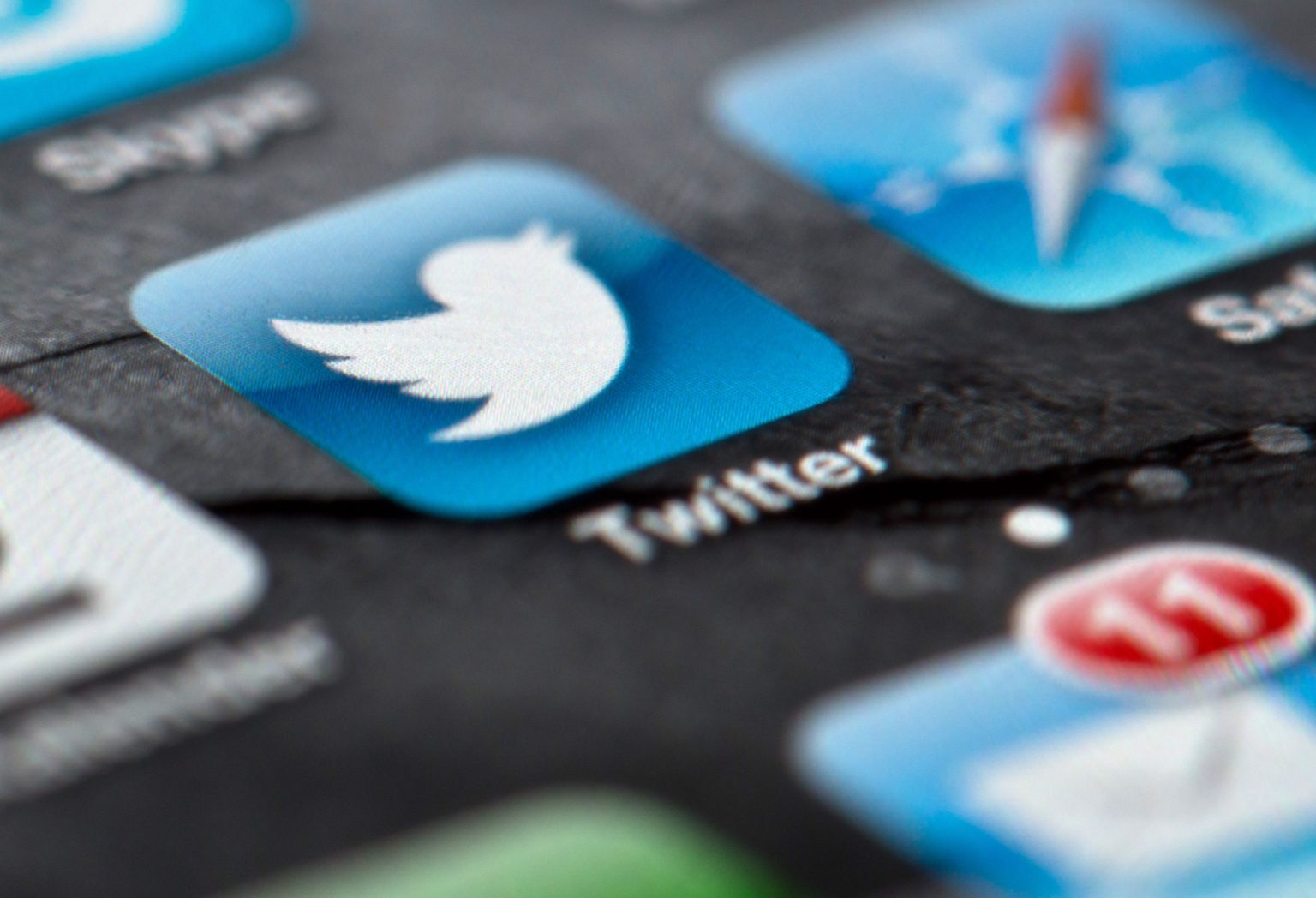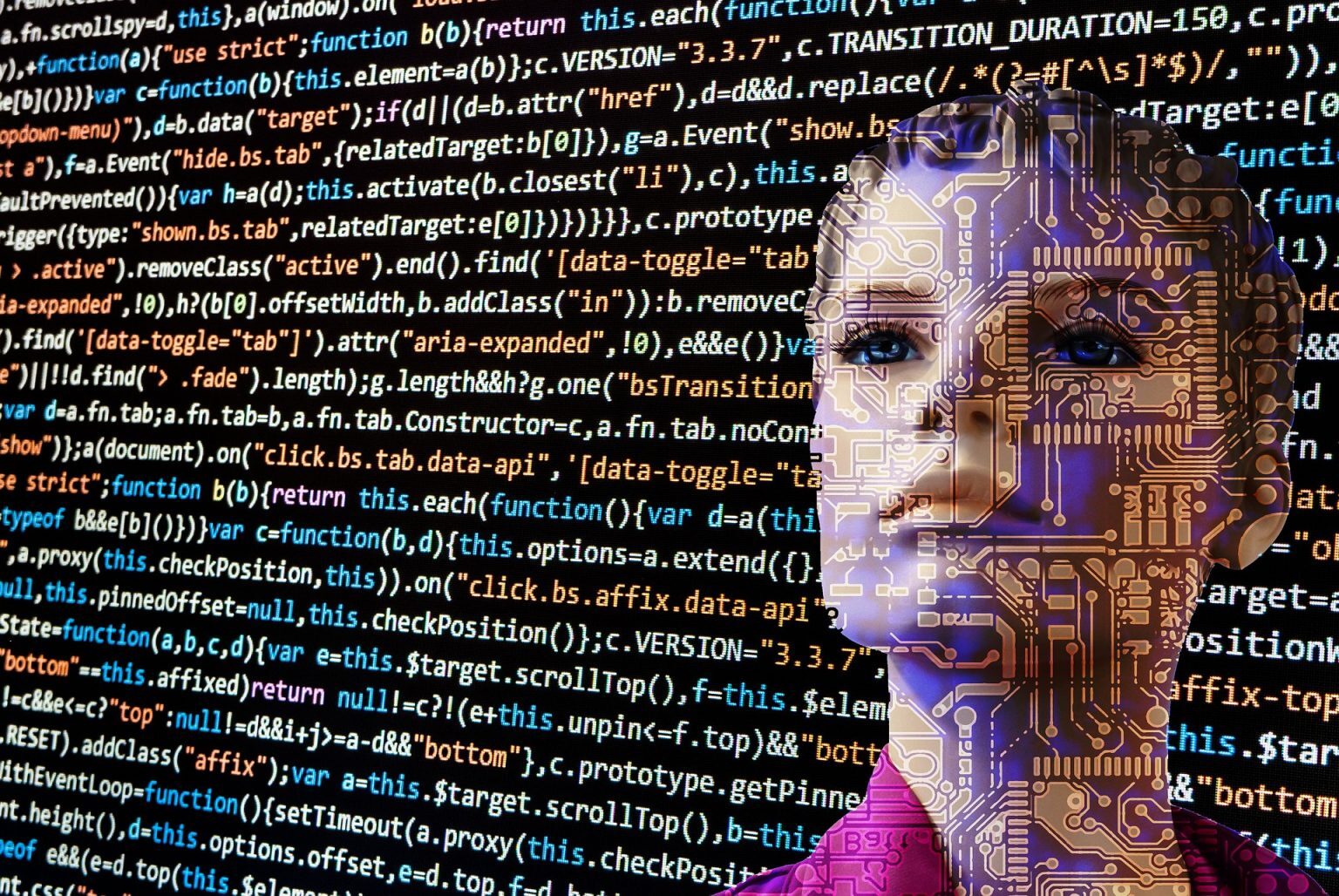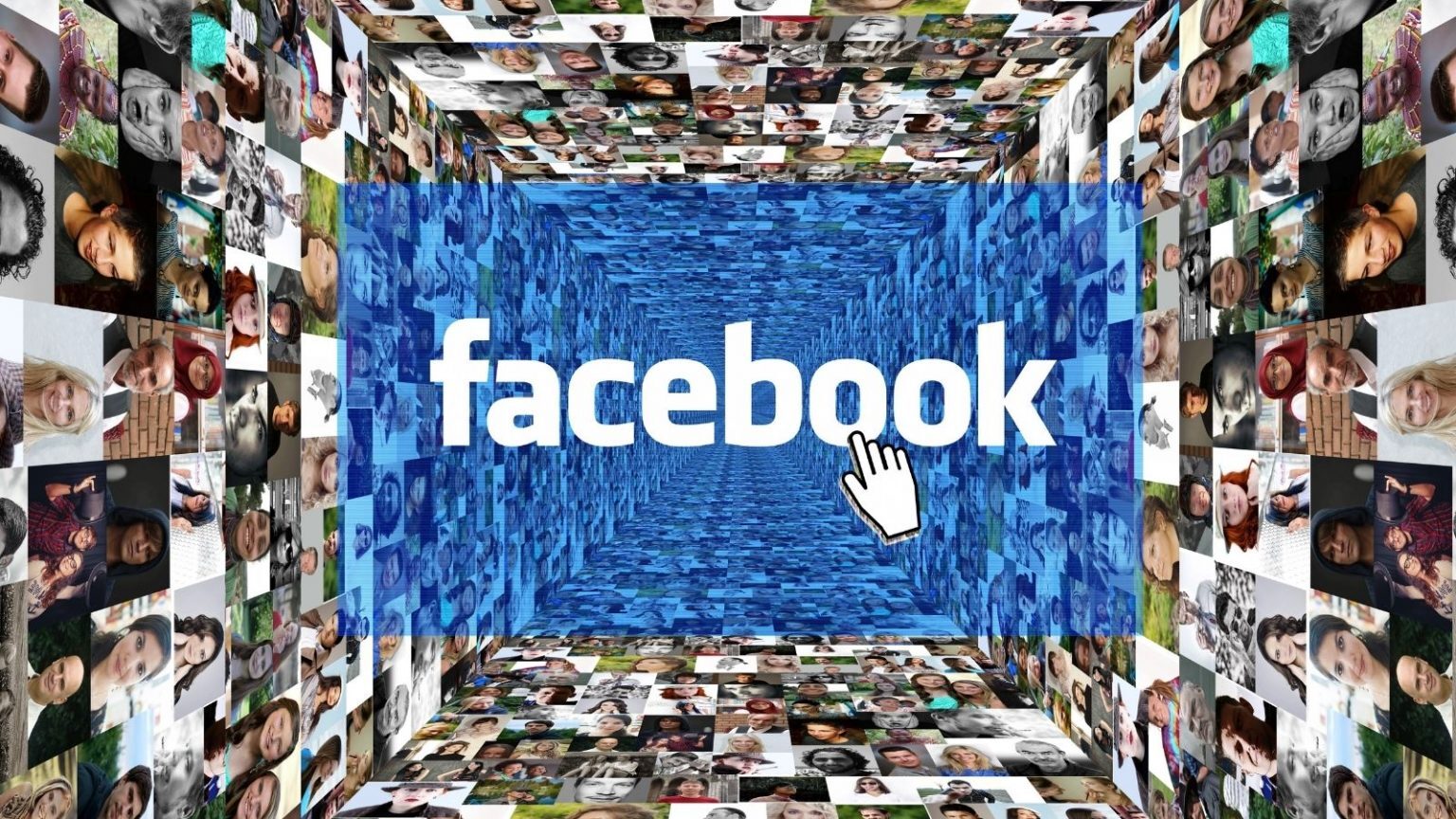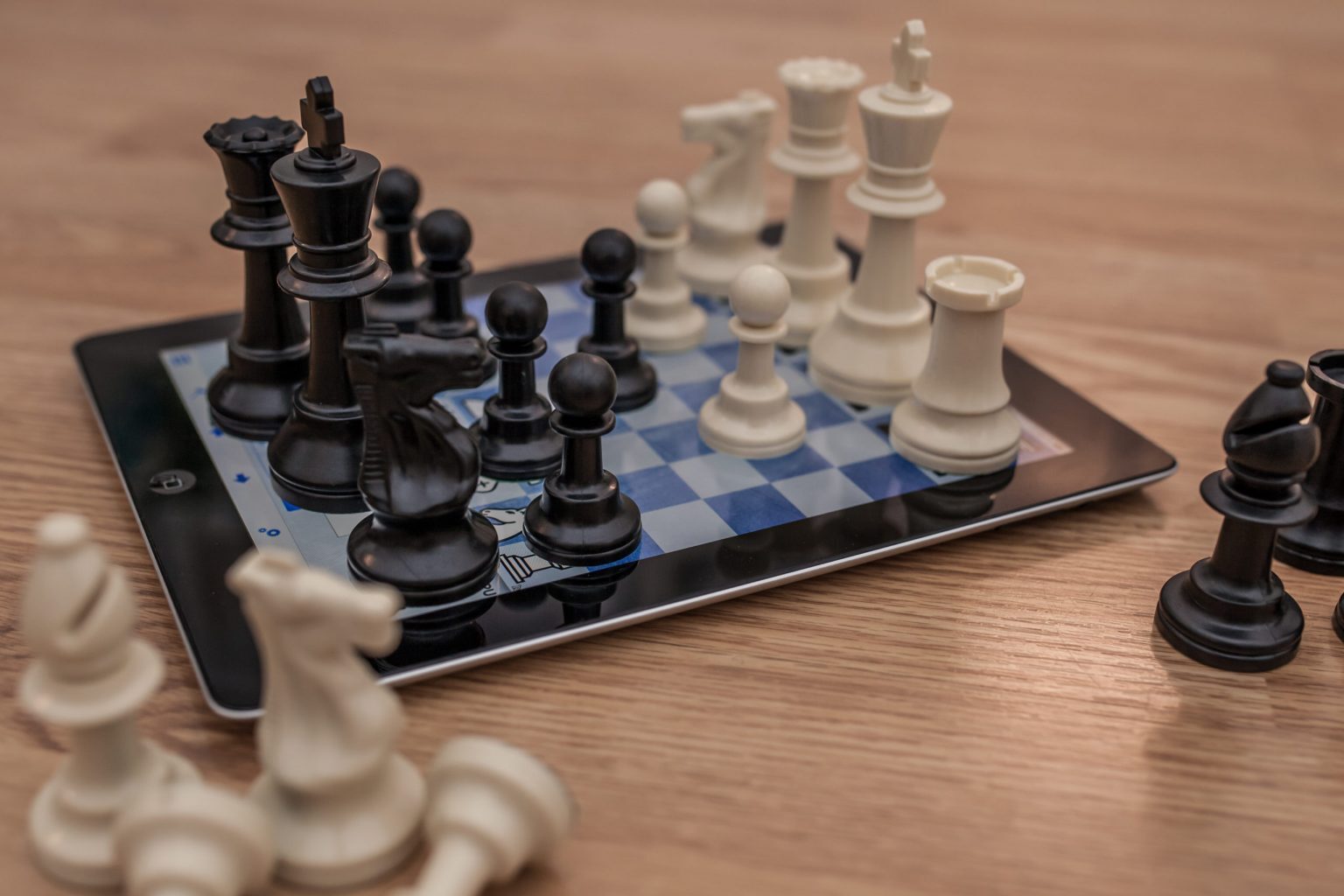Twitter recently announced that it will no longer allow “the sharing of private media, such as images or videos of private individuals without their consent”. The move takes effect through an expansion of the social media platform’s private information and media policy. Sharing images is an important part of folks’ experience on Twitter. People should have a choice in determining whether or not a photo is shared publicly. To that end we are expanding the scope of our Private Information Policy. 🧵 — Twitter Safety (@TwitterSafety) November 30, 2021 In practical terms, this means photos and videos can be removed if the photographer has not…
Author: The Conversation
A space station on the Moon could be very useful. It would provide future space missions with a stopping point between leaving the Earth and reaching further into the Solar System or even the Milky Way. One reason we haven’t built a space station on the Moon is that we don’t send people there very often. We have only managed to put astronauts on the Moon six times so far. These Moon landings took place in a three-year period between 1969 and 1972 and were part of a series of space missions called the Apollo missions. The type of rocket used…
Not a day passes without a fascinating snippet on the ethical challenges created by “black box” Artificial Intelligence systems. These use machine learning to figure out patterns within data and make decisions – often without a human giving them any moral basis for how to do it. Classics of the genre are the credit cards accused of awarding bigger loans to men than women, based simply on which gender got the best credit terms in the past. Or the recruitment AIs that discovered the most accurate tool for candidate selection was to find CVs containing the phrase “field hockey” or the first name “Jared”.…
“Quantum entanglement” is one of several plot devices that crops up in modern sci-fi movies. Fans of the Marvel superhero movies, for instance, will be familiar with the idea of different time lines merging and intersecting, or characters’ destinies becoming intertwined through seemingly magical means. But “quantum entanglement” isn’t just a sci-fi buzzword. It’s a very real, perplexing and useful phenomenon. “Entanglement” is one aspect of the broader collection of ideas in physics known as quantum mechanics, which is a theory that describes the behaviour of nature at the atomic, and even subatomic, level. Understanding and harnessing entanglement is key to…
Hybrid warfare is gaining traction globally as the preferred option for conducting malicious statecraft in the grey zone between peace and war. There is a growing international trend in attacking a nation’s specific vulnerabilities, including the national power grid and its critical infrastructure. The term hybrid warfare was coined by William Nemeth in 2002. He described it as warfare … where a wide range of overt and covert military, paramilitary, and civilian measures are employed in a highly integrated design. The adversary tries to influence influential policymakers and key decision makers by combining kinetic operations with subversive effort. The aggressor often resorts to clandestine actions, to…
In 2020, scientists made global headlines by creating “xenobots” – tiny “programmable” living things made of several thousand frog stem cells. These pioneer xenobots could move around in fluids, and scientists claimed they could be useful for monitoring radioactivity, pollutants, drugs or diseases. Early xenobots survived for up to ten days. Read more: Not bot, not beast: scientists create first ever living, programmable organism A second wave of xenobots, created in early 2021, showed unexpected new properties. These included self-healing and longer life. They also showed a capacity to cooperate in swarms, for example by massing into groups. Last week, the same…
A new era of space stations is about to kick off. NASA has announced three commercial space station proposals for development, joining an earlier proposal by Axiom Space. These proposals are the first attempts to create places for humans to live and work in space outside the framework of government space agencies. They’re part of what has been called “Space 4.0”, where space technology is driven by commercial opportunities. Many believe this is what it will take to get humans to Mars and beyond. There are currently two occupied space stations in low Earth orbit (less than 2,000km above Earth’s surface), both…
Facebook’s approach to users’ data has just been dealt a major blow from the European court of justice (ECJ). In an answer to a question from Germany’s highest court, the ECJ’s advocate general – whose opinion is not binding but is generally followed by the court – has made an essential clarification to Europe’s data protection law to confirm that consumer associations can bring actions on behalf of individuals. If followed by the ECJ, this will make it much easier for people to defend their rights against tech giants in future. Coming on the back of a decision by the European general court against Google several…
Whether it’s athletes on a sporting field or celebrities in the jungle, nothing holds our attention like the drama of vying for a single prize. And when it comes to the evolution of artificial intelligence (AI), some of the most captivating moments have also been delivered in nailbiting finishes. In 1997, IBM’s Deep Blue chess computer was pitted against grandmaster and reigning world champion Garry Kasparov, having lost to him the previous year. But this time, the AI won. The popular Chinese game Go was next, in 2016, and again there was a collective intake of breath when Google’s AI was victorious. These…
Since early in the COVID pandemic, the Network for Genomics Surveillance in South Africa has been monitoring changes in SARS-CoV-2. This was a valuable tool to understand better how the virus spread. In late 2020, the network detected a new virus lineage, 501Y.V2, which later became known as the beta variant. Now a new SARS-CoV-2 variant has been identified – B.1.1.529. The World Health Organisation has declared it a variant of concern, and assigned it the name Omicron. To help us understand more, The Conversation Africa’s Ozayr Patel asked scientists to share what they know. What’s the science behind the search? Hunting for variants requires a concerted…










